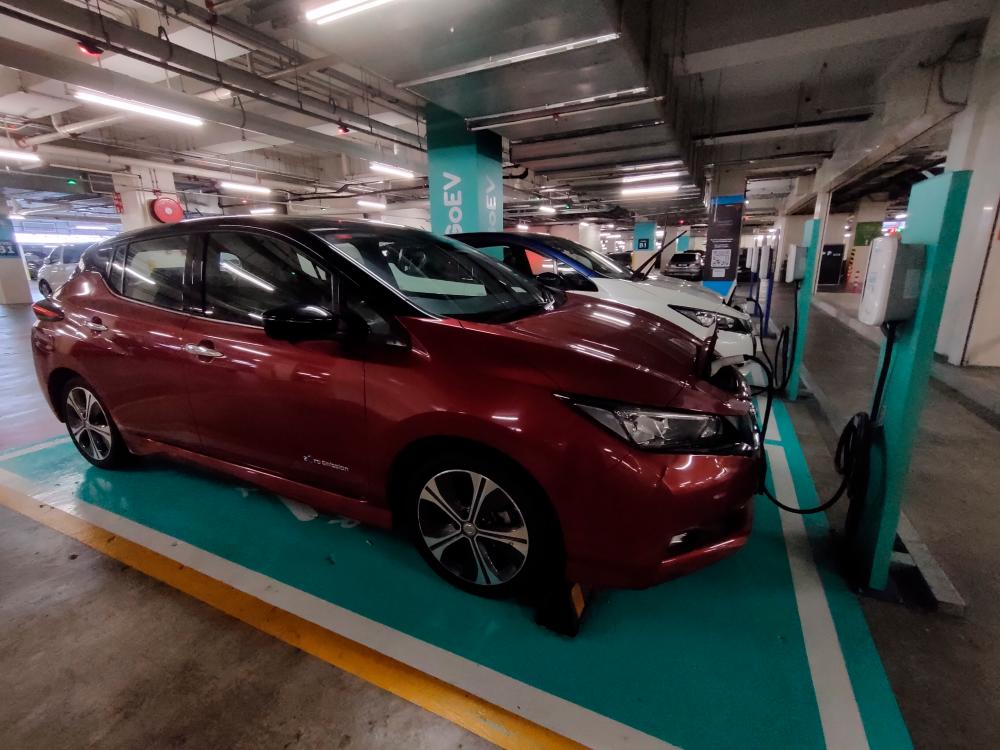BERLIN: Uncertainty in Germany’s electric car market will not slow the technology in the long term, Opel CEO Florian Huettl said on Tuesday, four months after the German government allowed subsidies for the sector to expire, reported dpa news.
That there is still no successor regulation may “prolong the path to electromobility,“ Huettl told dpa from the company’s base in the central German town of Eisenach. “But it won’t stop it.”
Opel is also currently noticing a reluctance to buy, said Huettl, who restated the strategy to offer e-cars only in Europe from 2028: “We are clearly sticking to our plan, also in terms of speed. We can only make this dependent on politics to a certain extent.”
However, it makes sense for governments to stimulate a ramp-up phase for a limited period, according to the CEO. In France, for example, a subsidy programme for e-car leasing is being well received.
ALSO READ: Tesla profits tumble 55% as EV sales under pressure
Huettl confirmed Opel’s goal of offering an electric car for €25,000 (US$26,750) in the coming years.
About the price difference between combustion engines and electric cars, he said. “The next generation of battery-electric platforms will allow us to achieve this price parity.”
Opel presented an all-electric version of the Grandland SUV at its Eisenach plant on Tuesday. Manufacturing a car in Germany is associated with cost challenges and this reflects on the models produced, Huettl said.
“It is of course easier to absorb the costs in a higher-segment car like the Grandland. In the small car segment, it is much more difficult due to the competitive situation.”
The production of a small car like the Corsa in Germany is “unthinkable today,“ he said. - Bernama, dpa
READ MORE: Tesla to lay off nearly 2,700 workers at factory in US Texas










